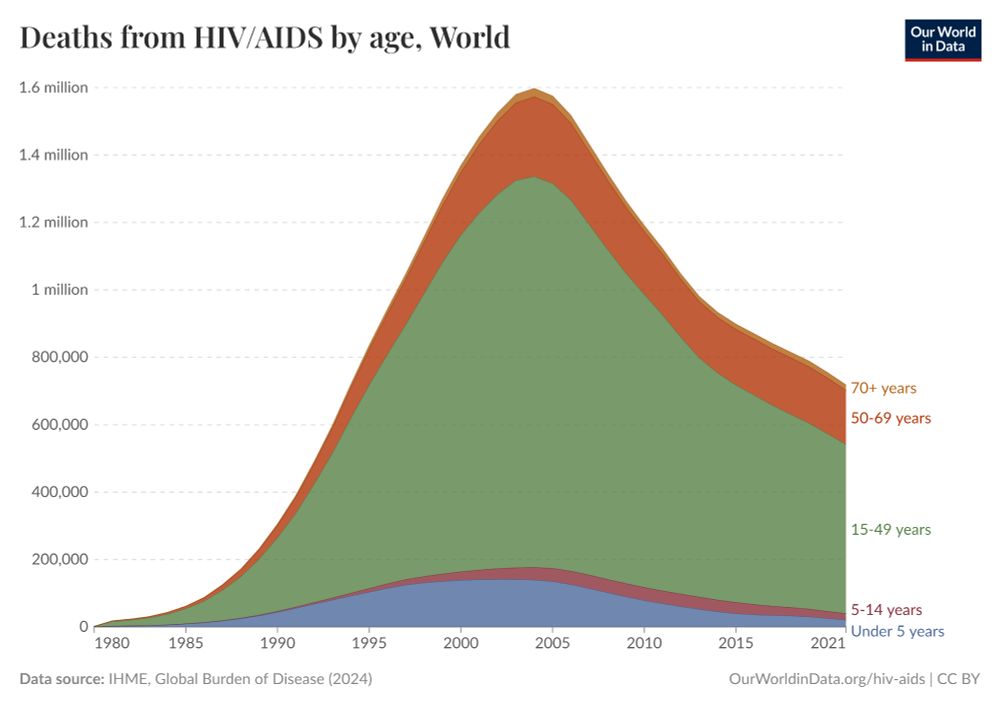Colin Aitken
@colinaitken13.bsky.social
340 followers
1K following
5 posts
Postdoc @ Development Innovation Lab, University of Chicago. Interested in econometrics, education, global health, and innovation.
Reposts are mostly bookmarks for now.
Posts
Media
Videos
Starter Packs
Reposted by Colin Aitken
Colin Aitken
@colinaitken13.bsky.social
· Feb 11
Colin Aitken
@colinaitken13.bsky.social
· Feb 11
Reposted by Colin Aitken
Ben Golub
@bengolub.bsky.social
· Jan 15
I don't think the argument for the price system rests on full information. I think it rests on Hayek 1945, hence precisely on dispersed local knowledge --i said that before. But let's leave it here. I think we clarified quite a bit, and I hope some of our readers (if there are any!) learned a bit.
Reposted by Colin Aitken
Jed Silver
@jedsilver.bsky.social
· Dec 10
Reposted by Colin Aitken
Robert Apel
@bobapel.bsky.social
· Dec 10
Reposted by Colin Aitken
Drew Bailey
@drewhalbailey.bsky.social
· Dec 10

LURKING INFERENTIAL MONSTERS? QUANTIFYING SELECTION BIAS IN EVALUATIONS OF SCHOOL PROGRAMS
This study examines whether unobserved factors substantially bias education evaluations that rely on the Conditional Independence Assumption. We add 14 new within-study comparisons to the literature,...
onlinelibrary.wiley.com
Reposted by Colin Aitken
Reposted by Colin Aitken
Ryan Briggs
@ryancbriggs.net
· Nov 27
Reposted by Colin Aitken
Reposted by Colin Aitken
Saloni
@scientificdiscovery.dev
· Nov 13






